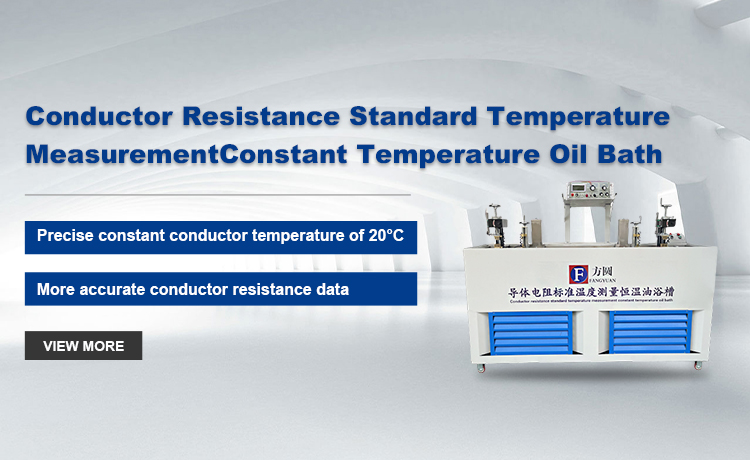High Voltage Spark Tester for Power Frequency Applications and Safety Testing
Understanding Power Frequency Spark Testers Importance and Applications
In the realm of electrical engineering and power systems, ensuring the reliability and safety of equipment is of utmost importance. One of the vital tools used in this process is the power frequency spark tester. This device plays a crucial role in evaluating the insulation integrity of electrical components and systems, helping to prevent potential failures that could lead to significant safety hazards or operational downtime.
What is a Power Frequency Spark Tester?
A power frequency spark tester is an electrical testing instrument designed to assess the electrical insulation quality of various materials and components. It operates by applying a high-voltage AC signal at a standard power frequency (usually 50 or 60 Hz) to the insulation of a component. By doing so, it creates a controlled environment where the insulation's ability to withstand voltage stress can be evaluated. If the insulation is compromised, the tester will typically produce a spark, indicating a failure in the insulation system.
The Importance of Insulation Testing
Insulation failures can lead to short circuits, equipment damage, and even catastrophic electrical fires. Therefore, regular testing of insulation systems is essential, especially in high-voltage applications such as transformers, generators, and power lines. A power frequency spark tester provides a reliable means of assessing insulation integrity and identifying weaknesses before they result in failure. This proactive approach not only enhances safety but also optimizes the performance and lifespan of electrical equipment.
Applications of Power Frequency Spark Testers
power frequency spark tester

Power frequency spark testers are used in various applications across multiple industries. Here are some of the primary areas where these testers are essential
1. Electrical Utilities Power frequency spark testing is commonly employed in electrical utility companies to test the insulation of transformers, circuit breakers, and overhead transmission lines. By ensuring the integrity of insulation in such systems, utilities can prevent outages and extend the equipment's service life.
2. Manufacturing In the manufacturing sector, especially in the production of electrical equipment and components, spark testers are utilized to ensure that products meet safety standards. This testing is crucial for manufacturers of motors, generators, and switching devices, as it helps them deliver quality products to their customers.
3. Maintenance and Repair Power frequency spark testers are also invaluable during maintenance and repair operations. Technicians can quickly assess whether insulation damage has occurred in existing systems, allowing for timely repairs that minimize downtime and maintain operational efficiency.
4. Research and Development In R&D settings, engineers use power frequency spark testers to evaluate new materials and designs. This testing is crucial in validating the performance of innovative insulation materials which can lead to advancements in electrical safety and efficiency.
Conclusion
The power frequency spark tester is an essential tool for maintaining the reliability and safety of electrical systems across various industries. By providing a thorough assessment of insulation integrity, this device helps prevent failures that could have severe consequences. As electrical systems continue to evolve and become more complex, the importance of tools like the power frequency spark tester will only grow. Regular insulation testing ensures safety, optimizes performance, and extends the lifecycle of critical electrical infrastructure, making it a vital practice for engineers and technicians alike. In an age where electrical reliability is paramount, the role of spark testers cannot be overstated.
-
Why the Conductor Resistance Constant Temperature Measurement Machine Redefines Precision
NewsJun.20,2025
-
Reliable Testing Starts Here: Why the High Insulation Resistance Measuring Instrument Is a Must-Have
NewsJun.20,2025
-
Flexible Cable Flexing Test Equipment: The Precision Standard for Cable Durability and Performance Testing
NewsJun.20,2025
-
Digital Measurement Projector: Precision Visualization for Modern Manufacturing
NewsJun.20,2025
-
Computer Control Electronic Tensile Tester: Precision and Power for the Modern Metal Industry
NewsJun.20,2025
-
Cable Spark Tester: Your Ultimate Insulation Assurance for Wire and Cable Testing
NewsJun.20,2025
 Copyright © 2025 Hebei Fangyuan Instrument & Equipment Co.,Ltd. All Rights Reserved. Sitemap | Privacy Policy
Copyright © 2025 Hebei Fangyuan Instrument & Equipment Co.,Ltd. All Rights Reserved. Sitemap | Privacy Policy
